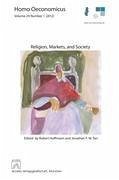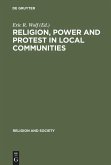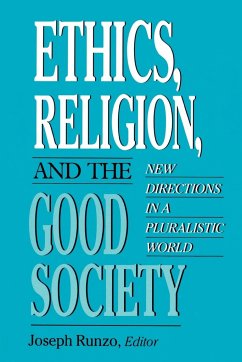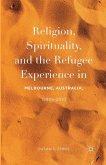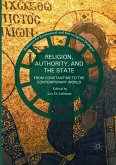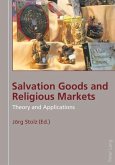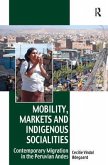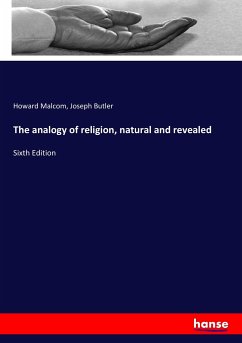There are many good reasons for the study of religion and economy. Religion is one of the oldest and most visible human institutions. Over many millennia it has shaped every aspect of civilisation including the built environment, cultural artifacts, societal governance, economic policies, business conduct and consumer behaviour. In most countries religiously motivated laws govern some aspects of economic life, from Sunday shopping in Germany to lending and borrowing in Islamic nations. Economic policies such as progressive income taxation and social security are often motivated by much more ancient religious principles. The advent of modernity has challenged the dominant position of religion with the rise of science, individualism and materialism in the West. The reverse may be true especially in the Middle East where religion gives a voice to those worried about the perceived superiority of Western technology and economic power. Either way, globalisation is increasingly bringing these distinct religious traditions from different parts of the world into potential conflict, in social, political and economic terms. The contributions published in this special issue of HOMO OECONOMICUS address these and other issues at the interface of religion and economy.

